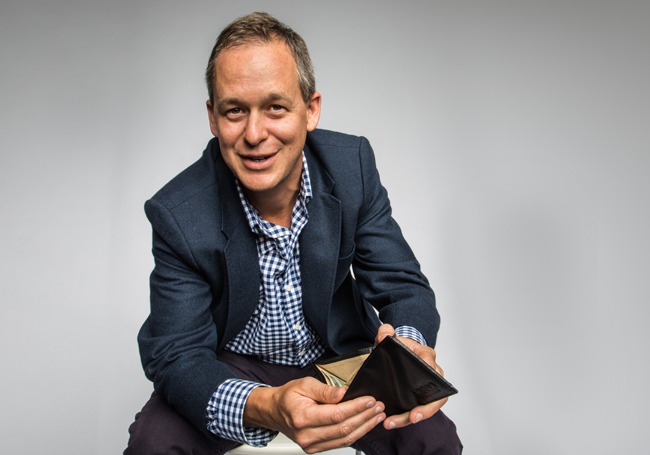
Fintech Startup Aims To Help Boomers Manage Retirement Income
By Janet Novack for Forbes
How much can you spend each year in retirement if you don’t want to outlive your money? Should you delay claiming Social Security benefits if doing so requires you to take money from your 401(k) or IRA before required payouts begin? What’s the most tax efficient way to draw down various pots of money? Should you annuitize some of your wealth? Tap home equity with a reverse mortgage? If Brexit or some other event slams your portfolio, how much should you cut back on discretionary spending? Will you need additional help managing your finances as you age?
Those are the sort of crucial but complicated questions that send folks nearing or in retirement to financial pros for advice. Too often what they end up getting is an incomplete answer or one biased by the products the adviser sells. (That’s why the Department of Labor has issued a new fiduciary rule requiring advice on retirement accounts to be in the best interests of the client.)
Matt Fellowes, a former Brookings Institution fellow who launched financial wellness company HelloWallet in 2010, believes that with the right software, he can provide answers to these questions in a more holistic and cost effective manner. Today, he resigned as Chief Innovation Officer at Morningstar MORN +1.58% Inc., (which bought HelloWallet in 2014 at a $52.5 million price) to build a beta version of that software.
Using $5 million in seed capital from Morningstar, his own pocket and wealthy relatives (his great-great-grandfather started office-supply company Fellowes Brands) the 41-year-old entrepreneur expects to get the beta version up and running in the first quarter of 2017.
While the personal finance and investing startups which populate the currentForbes Fintech 50 list generally sport upbeat and even playful names (e.g. Acorns, Betterment, Digit, Robinhood, and of course, HelloWallet), Fellowes’ new venture carries a no nonsense name: United Income. Yep, it was market tested. Whereas most fintech startups are designed with Millennials in mind, Fellowes is aiming squarely at aging Baby Boomers obsessing about how much income they’ll have after they stop working. These approaching and in retirement, he believes, are readier to pay for advice than their kids or grandkids.
Fellowes promises United Income will integrate all sources of potential income in a way current retirement planning software doesn’t and will incorporate a range of factors, including individualized life expectancy and retirement and tax policy insights gained from its location in Washington. ”We will be the only company squarely focused on aging households that are preparing to deaccumulate or are deaccumulating assets,” Fellowes says. “It’s a holistic one stop financial management and advice service.”
While its focus and breadth may be unique, United Income certainly isn’t the first to try to marry software (i.e. robo-advice) and the demand for retirement income planning. The nation’s largest RIA, fintech pioneer Financial Engines, with $122 billion in 401(k) assets under management at the end of March, has offered Income+, a service for retirees, since 2011.
The most successful hybrid offering is The Vanguard Group’s Personal Advisor Services, which was officially rolled out in May 2015. As of March 31, Vanguard had attracted $36 billion in assets to Personal Advisor, which charges 0.30% of assets for access to human planners as well as computerized asset allocation and rebalancing. Two thirds of clients using the service are 55 or older and one of its biggest selling points is its ability to manage payouts as clients enter retirement and as they age, a Vanguard spokesman says.
Fellowes says the “sweet spot” for his product will be middle and upper income folks, but not those with a very high net worth. Low income retirees rely almost exclusively on Social Security, while the truly rich don’t need to worry about whether they can splurge on a European vacation, or finance their grandkids’ college educations, and still have enough left to cover possible long term care costs. ”I’ve spent my career focused on creative ways to get people to save more,” says Fellowes. ”It’s increasingly dawned on me that at the end of the day most people will not have saved enough and we need to figure out a way to make their dollars stretch further.”
First appeared at Forbes





